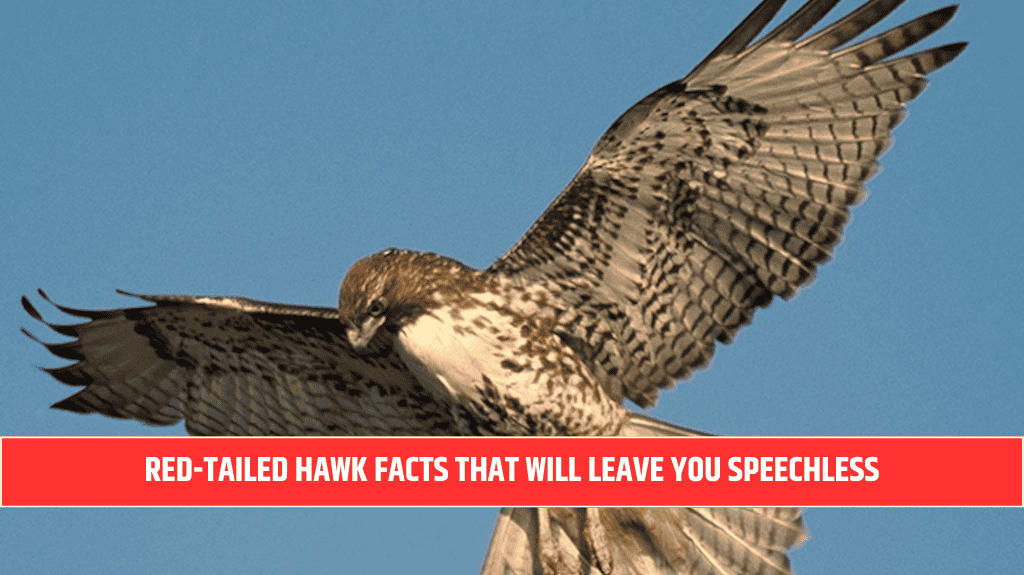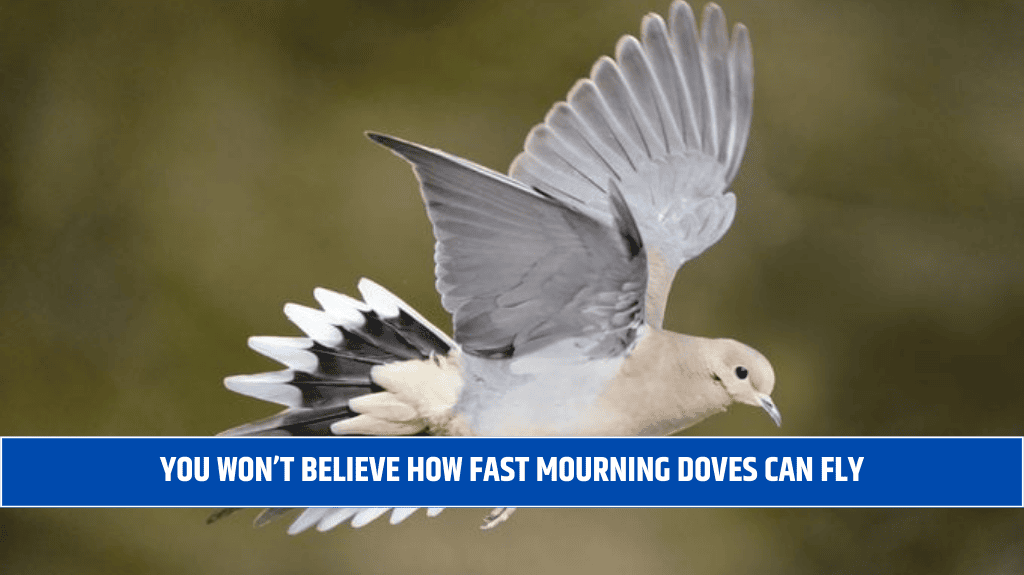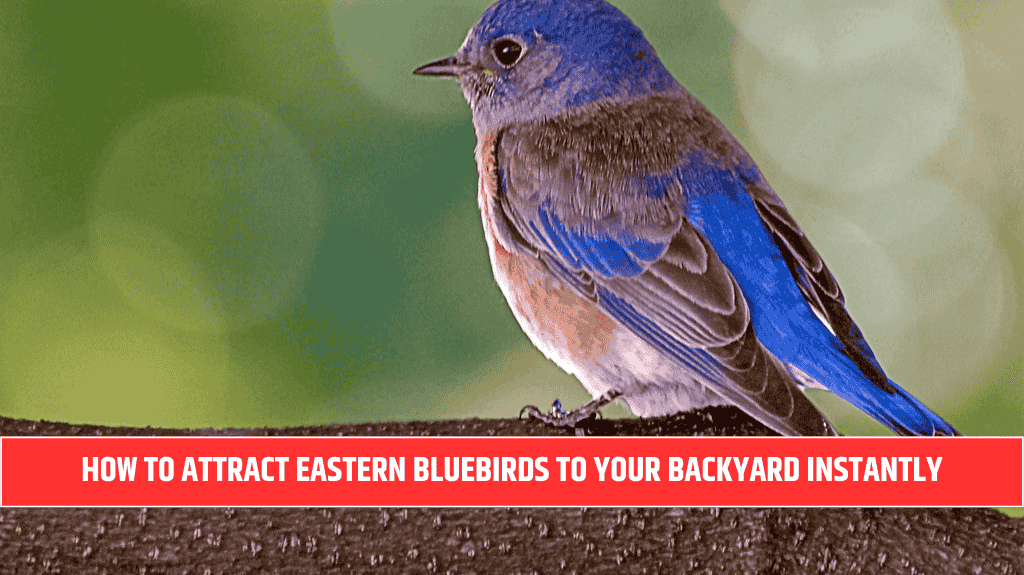Cockatiels are playful, affectionate birds that make excellent pets, especially for first-time bird owners. As the smallest species in the cockatoo family, they are relatively easy to care for but still require proper diet, housing, and social interaction to stay healthy. If you’re considering getting a cockatiel, this guide will help you understand their basic care needs.
Cockatiel Diet: What to Feed Your Bird
Cockatiels have a naturally diverse diet in the wild, consisting of seeds, grains, berries, and fruits. However, in a domestic setting, their diet should be well-balanced to prevent health issues like obesity and nutrient deficiencies.
Recommended Diet Composition
- 5% seeds – Avoid a seed-only diet as it lacks essential nutrients.
- 10%-30% vegetables and fruits – Safe options include leafy greens, carrots, apples, and berries.
- 65%-85% formulated pellets – Provides essential nutrients like protein, calcium, and Vitamin A.
Feeding Tips
- Pellets should form the majority of their diet as they prevent common deficiencies.
- Occasional seeds, vegetables, and fruits add enrichment to their meals.
- Cockatiels do not require grit; offering grit can lead to impaction of the crop, a serious health issue.
- Always provide fresh water daily.
Housing Requirements for Cockatiels
Cage Size and Setup
- Minimum cage size: 20” long x 20” wide with ½” to ¾” bar spacing.
- Provide at least two perches (about 1 inch in diameter) for exercise and movement.
- Avoid sandpaper perch covers, as they can injure their feet.
Environmental Considerations
- Place the cage in a quiet but social area of your home.
- Keep it away from direct sunlight, drafts, and fumes (like cooking smoke or air fresheners).
- Cockatiels enjoy out-of-cage time, so allow them to fly in a safe, enclosed room.
Bathing and Hygiene
- Offer a shallow bowl with lukewarm water 2-3 times per week for self-bathing.
- Regular baths help maintain healthy feathers and skin.
Cockatiel Behavior and Socialization
Cockatiels are highly social birds and require regular interaction with their owners. If raised with frequent handling, they form strong bonds and become affectionate companions.
Key Behavioral Traits
- They are quieter than most parrots but still enjoy vocalizing through whistles and mimicry.
- Cockatiels love playing with toys, especially puzzle feeders and foraging stations.
- Keeping them mentally stimulated prevents boredom and feather-plucking.
How to Bond with Your Cockatiel
- Spend daily time interacting with them through talking, whistling, or gentle handling.
- Let them explore outside the cage in a safe environment.
- Provide foraging toys to encourage natural behaviors.
Common Health Problems in Cockatiels
1. Obesity and Nutrient Deficiencies
- A seed-heavy diet can cause weight gain and deficiencies in protein, calcium, and Vitamin A.
- Prevent this by feeding a pellet-based diet with fresh fruits and vegetables.
2. Crop Impaction
- Occurs when food gets stuck in the crop, preventing digestion.
- Avoid this by ensuring they don’t consume grit or too many dry seeds.
3. Feather Plucking
- Caused by stress, boredom, or lack of mental stimulation.
- Provide plenty of toys and social interaction to prevent this behavior.
4. Kidney and Liver Disease
- Common in older birds, often due to poor diet or lack of hydration.
- A balanced diet and fresh water can reduce the risk.
5. Chronic Egg Laying in Female Cockatiels
- Excessive egg-laying depletes calcium levels, leading to health issues.
- If your cockatiel lays eggs, do not remove them immediately. Wait until she finishes her clutch (4-6 eggs), then replace them with fake eggs and remove them gradually after 20 days.
- Offer cuttlebone or calcium supplements to support her health.
Cockatiels are wonderful, affectionate pets that thrive with proper care. By providing a nutritious diet, spacious housing, regular social interaction, and mental stimulation, you can ensure your bird lives a long, happy life. With an average lifespan of 6 to 20 years, a well-cared-for cockatiel can be a cherished companion for many years.
FAQ: Cockatiel Care for Beginners
1. What should I feed my cockatiel?
A balanced diet includes:
- 65%-85% Pellets: Essential nutrients like protein and calcium.
- 10%-30% Vegetables & Fruits: Leafy greens, carrots, apples, and berries.
- 5% Seeds: Avoid a seed-only diet to prevent obesity and nutrient deficiencies.
Always provide fresh water daily and avoid offering grit, which can cause crop impaction.
2. What size cage does a cockatiel need?
The minimum cage size is 20” long x 20” wide with ½” to ¾” bar spacing. Larger cages are always better to allow your cockatiel more room for movement.
3. Where should I place the cage?
Place the cage in a quiet but social area of your home. Avoid direct sunlight, drafts, or areas with fumes (like kitchens).
4. How often should I bathe my cockatiel?
Offer a shallow bowl of lukewarm water 2-3 times a week for self-bathing. Bathing helps maintain healthy feathers and skin.

















